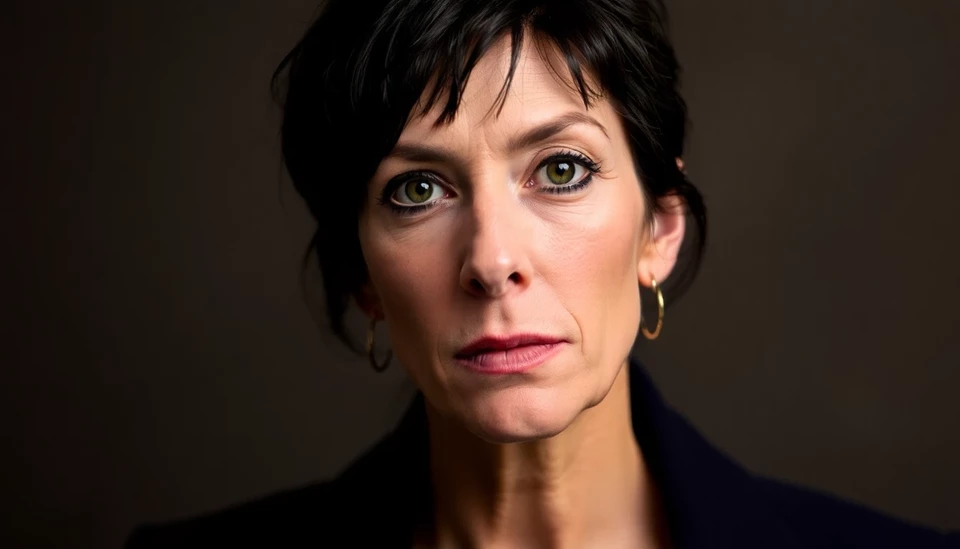
In a significant legal development, Ghislaine Maxwell, the former socialite and close associate of Jeffrey Epstein, has formally appealed her conviction for sex trafficking to the United States Supreme Court. This marks another chapter in a saga that has captivated public attention and raised crucial questions about the justice system's handling of high-profile sexual abuse cases.
Maxwell, who was sentenced to 20 years in prison in June 2021 for her role in facilitating Epstein's sexual abuse of underage girls, is arguing that her trial was conducted with substantial legal errors that warrant a review by the highest court in the nation. Central to her argument are claims of inadequacies in jury selection and the conduct of the trial judge, along with alleged prosecutorial misconduct.
Her appeal comes amid greater scrutiny of the judicial processes surrounding high-stakes cases involving powerful figures. Maxwell’s legal team contends that the trial did not adequately account for the complexities of her situation and the various factors influencing the jury's perceptions and decisions.
Legal analysts are closely watching this appeal, as it could set significant precedents concerning the rights of defendants in cases involving allegations of sexual misconduct. The Supreme Court, while not obligated to take on the case, could use this opportunity to clarify important legal standards that affect how trials are conducted in the future, especially in cases that attract extensive media coverage.
Maxwell’s case has not only sparked discussions about her individual circumstances but also reignited debates about the broader implications of sexual exploitation, power dynamics, and the legal system's response to victims of such crimes. Her appeal is poised to draw a wide array of reactions and could either reinstate confidence in the judicial process or exacerbate existing criticisms of how such cases are handled.
The Supreme Court's decision on whether to hear her case will be pivotal. Should the court agree to review her appeal, it will likely delve into intricate legal questions surrounding the fairness of trials, the responsibilities of courts to protect defendants' rights, and the impact of public scrutiny on judicial processes.
As Maxwell's team prepares for this potential showdown, they are also drawing on a growing body of public support and advocacy for reform in how sexual abuse cases are prosecuted and defended. The outcome of her appeal could not only affect her life but also resonate within the legal community for years to come.
In the court of public opinion, Maxwell remains a contentious figure. While some view her actions as emblematic of privilege and a failure to protect vulnerable individuals, others argue for the necessity of a fair legal process, regardless of public sentiment. As this situation continues to unfold, all eyes will remain on the Supreme Court and its handling of this high-profile appeal.
#GhislaineMaxwell #SupremeCourt #SexTrafficking #LegalAppeal #JusticeSystem #HighProfileCases
Author: Victoria Adams




